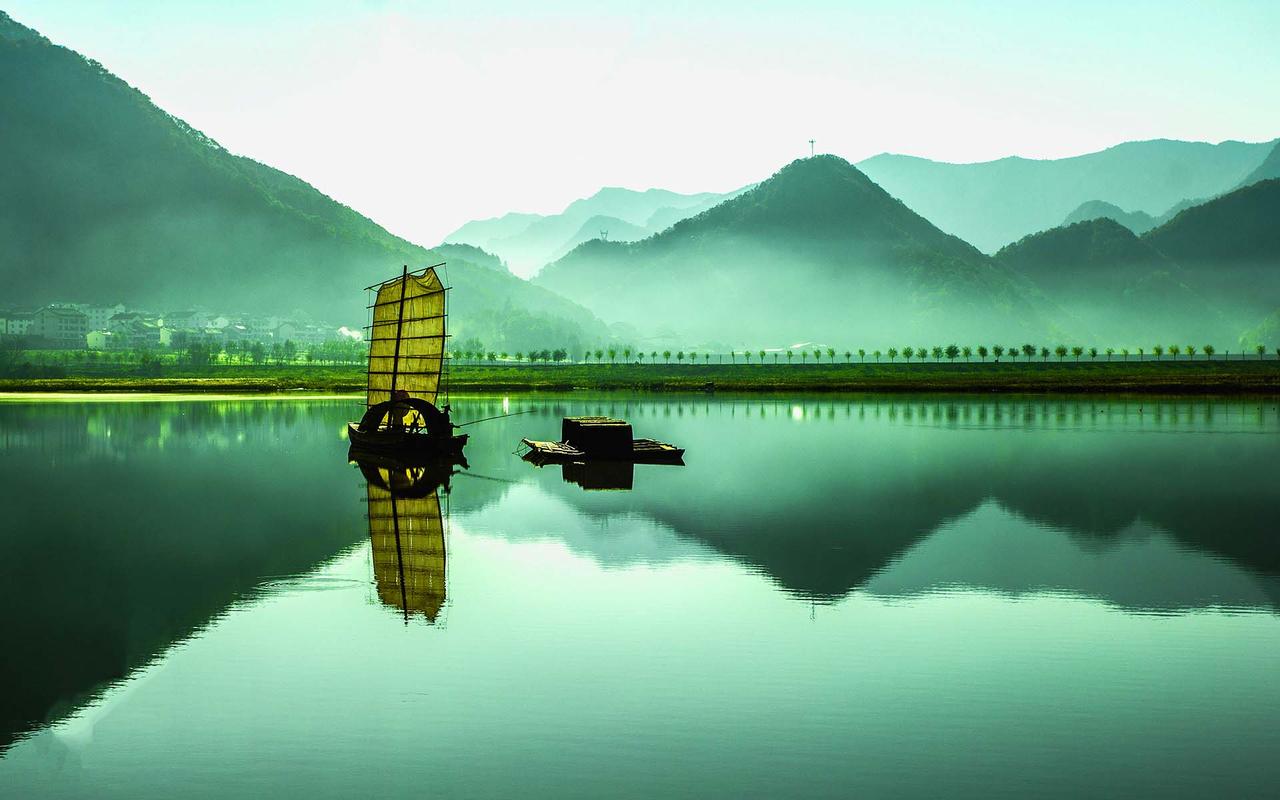The Intricate Relationship between Culture and Geography: Defining the Boundaries
Culture and geography are two intertwined concepts that are crucial in defining the boundaries of societies. The way we interact with our immediate environment profoundly influences our beliefs, values, and traditions that shape our culture. Conversely, our culture shapes the way we perceive and shape our environment. In this article, we will delve into the intricate relationship between culture and geography and how they shape each other.
How Geography Shapes Culture
Geography plays a significant role in shaping culture. The physical features of an area, such as terrain, climate, and landscape, have a direct impact on the way people live and interact with their environment. For example, people living in the mountains have different cultures from those living in the plains. Mountains have harsh terrains and are difficult to navigate, which imposes restrictions on the movement and trade of the people living there. As a result, the culture of mountain communities is more self-reliant and conservative than that of people living in the plains.
Similarly, the climate of a particular area influences its culture. People living in tropical areas have different cultures from those living in colder regions. In tropical areas, where it is hot and humid, people wear loose-fitting clothing made from natural fibers to keep cool. Conversely, people living in colder regions have to wear layered clothing to protect themselves from the cold.
Geography also affects the availability of resources, which influences the culture of a place. For example, people living in coastal areas have different cultures from those living in the hinterlands. Coastal areas have more access to seafood, which influences the local cuisine, while people living in the hinterlands have more access to livestock, which influences their cuisine.
How Culture Shapes Geography
Culture also plays a significant role in shaping geography. Human activity and behavior, such as agriculture, urbanization, industrialization, and migration, profoundly shapes the environment.
For example, agriculture has a direct impact on the environment. Agriculture is a human activity that involves clearing land, tilling the soil, and planting crops. This activity has led to deforestation, which has had a profound impact on the environment. Deforestation has led to soil erosion, climate change, and loss of biodiversity.
Similarly, urbanization has a direct impact on the environment. Urbanization involves the growth of cities and towns. This activity has led to the destruction of natural habitats, pollution, and loss of biodiversity. Urbanization has also contributed to the development of urban culture, which is different from rural culture.
The Interplay between Culture and Geography
The relationship between culture and geography is not one-way. Rather, it is an interplay between the two. Cultural beliefs and values influence the way people interact with their environment. Conversely, the environment influences the development and evolution of culture.
For example, the Chinese culture has a deep-rooted belief in the harmony between nature and humans. This belief is reflected in Chinese landscape paintings, which incorporate natural features such as mountains, rivers, and trees. Similarly, the Maasai culture in Kenya is closely tied to their pastoralist way of life. The Maasai people migrate in search of grazing lands for their livestock, which influences their culture and traditions.
In conclusion, the relationship between culture and geography is intricate and intertwined. Geography has a direct impact on culture, influencing the way people live, perceive, and shape their environment. Conversely, culture shapes geography by influencing human activity and behavior, which impacts the surrounding environment. The interplay between culture and geography is dynamic and continuously evolving and will continue to shape human societies for generations to come.
(Note: Do you have knowledge or insights to share? Unlock new opportunities and expand your reach by joining our authors team. Click Registration to join us and share your expertise with our readers.)
Speech tips:
Please note that any statements involving politics will not be approved.
